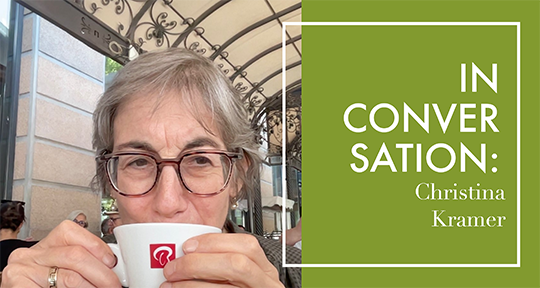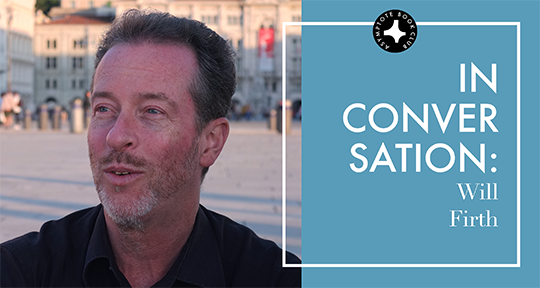In both literature and art, the Balkan countries are still tackling themes and topics issuing from the 1990s Yugoslav Wars. Although coming to terms with a nation’s disintegration is an ongoing process, one assumes that a thirty-year distance would have produced a more substantial corpus of literature, capable of integrating remaining traumas into burning contemporary matters—corrupt Balkan political elites, organized crime, simmering nationalism, and the slow but steady disappearance of the middle class as a carrier of democratic change.
Though there are few works of note that have managed this coherence, a novel that has succeeded is this year’s Montenegrin winner of the European Union Prize for Literature, Ministar (Minister), written by the dramatist, scriptwriter, and prosaist Stefan Bošković. The story follows nine days in the life of Valentin Kovačević, a fictional Montenegrin minister of culture, immediately after he accidentally kills an artist while participating in a performance. Initially oblivious of the heavy burden of guilt resulting from the act, Valentin goes on with his life entangled in a web of shady political deals, strained familial and conjugal ties, and dead end shortcuts he takes to get himself out of a situation of impending doom. The novel has not yet been translated entirely into English, though Will Firth—a literary translator from BCMS (Bosnian-Croatian-Montenegrin-Serbian), Russian, and Macedonian into English—has translated a fifty-page excerpt, which was published by the EUPL team along with translated excerpts from the other prize-winning books.
In this interview carried out with both Stefan Bošković and Will Firth, we discuss primarily the challenges of engaged writing that aims at the essence of contemporary sociopolitical developments in the Balkans, and the place their translations take—or don’t take—within the dominant narratives of today’s world literatures. The interviews were conducted separately, and have been edited to be presented here as one.
—Jovanka Kalaba, Editor-at-Large for Serbia
Jovanka Kalaba (JK): Stefan, aside from your primary job as a screenwriter, you also write prose. How do your two forms of expression inform and influence one another?
Stefan Bošković (SB): Writers often distinguish between the work they produce through different media—in my case, prose and screenwriting. I have been writing scripts for a long time, and it is inevitable that they have influenced my prose, as is the case with the prose that unknowingly becomes influenced by journalism. All influences are of secondary importance to me, because I view different expressions as a set of tributaries to a huge, confused mouth that flows into the same matter. And all the time it’s a game of digging, merging, bringing in connections. Literary talent—the ability to defamiliarize language—is crucial for writing prose, whereas a gift for storytelling is necessary for writing a good script. The organization of the novel is a very important segment, because that way, the sentences contribute to the fundamental accuracy of what is being told.
JK: Will, in terms of translation, the Serbo-Croatian language as well as Macedonian turned out to be your main interest, although you have a degree in German, Russian, and Serbo-Croatian. What drew you to the Balkan cultures and literatures?
Will Firth (WF): What fascinates me about South Slavic languages and literatures is their richness and diversity, and their home in a complex region with a twentieth-century history of Partisan struggle, multiculturalism, and a remarkable experiment in Bloc-free socialism. That’s the “positive” side; the West’s lack of real interest in these languages and literatures today fills me with a spite and a mission, which is perhaps the “negative” side of my motivational coin.
JK: The epigraph at the beginning of Ministar are Giorgio Agamben’s words: the modern is the one who looks at his time, and being modern is, first of all, a question of courage. Yet it seems that inclusion of certain issues originating from the civil war of ex-Yugoslavia—poverty, emmigration—are still always expected from artists in the region.
SB: I don’t know if the West is asking from us to present ourselves through stereotypes, or if we are so immersed in anachronistic and worn-out literature in this area that we have completely forgotten to keep track of where the world is going. It seems to me that one conditioned the other, and the problem does not only stem from the writers and the messages they think they should get across. The majority of this region’s literary scene (including editors and critics) has contributed to the preservation of uninteresting and calculated literature; there are certainly great novels in this rather conservative canon, but this dominant ideology has produced a line of soldiers who are happy to occupy a place in the mainstream, and the prestige of being translated into foreign languages has cemented their position. READ MORE…





